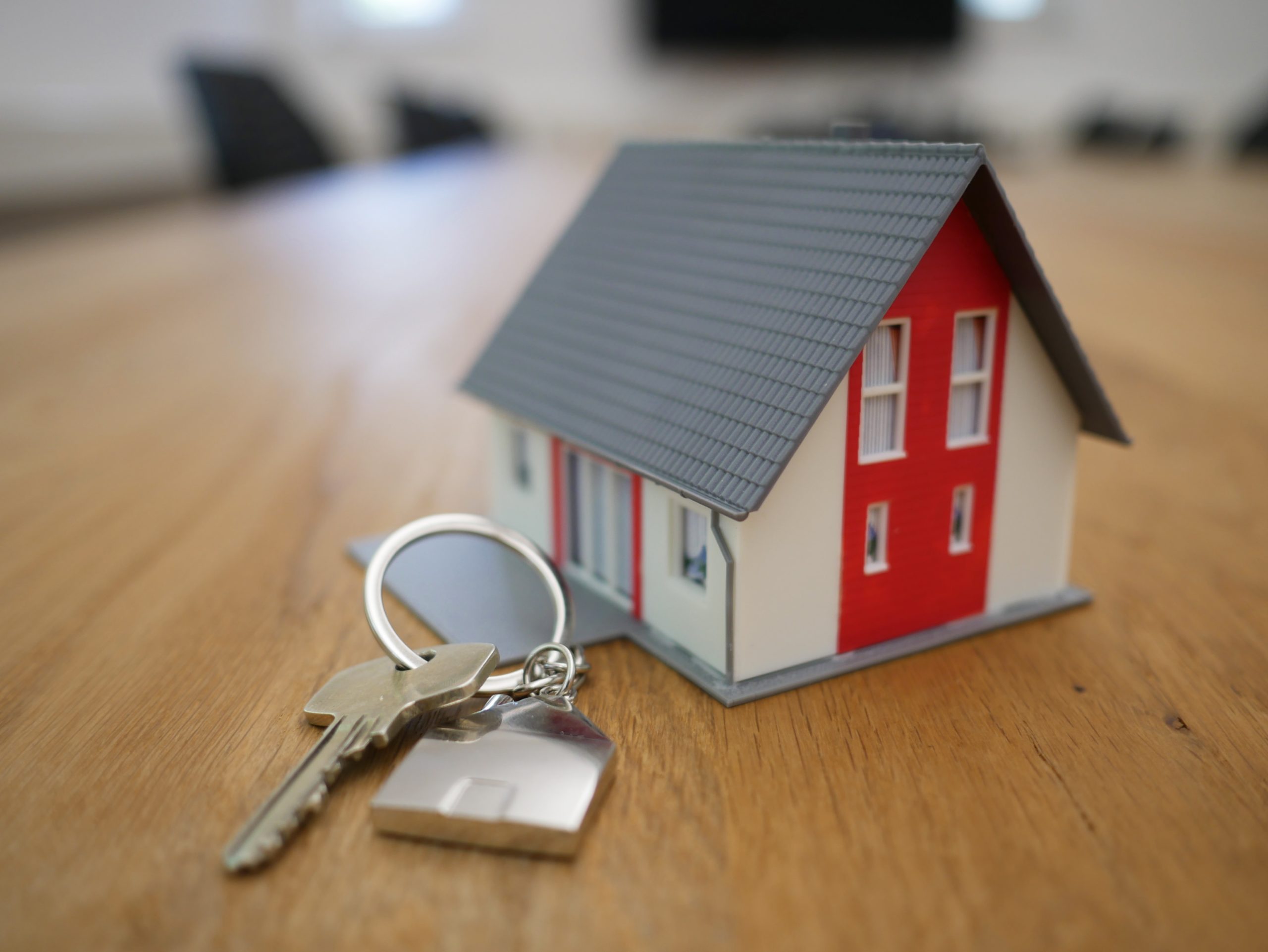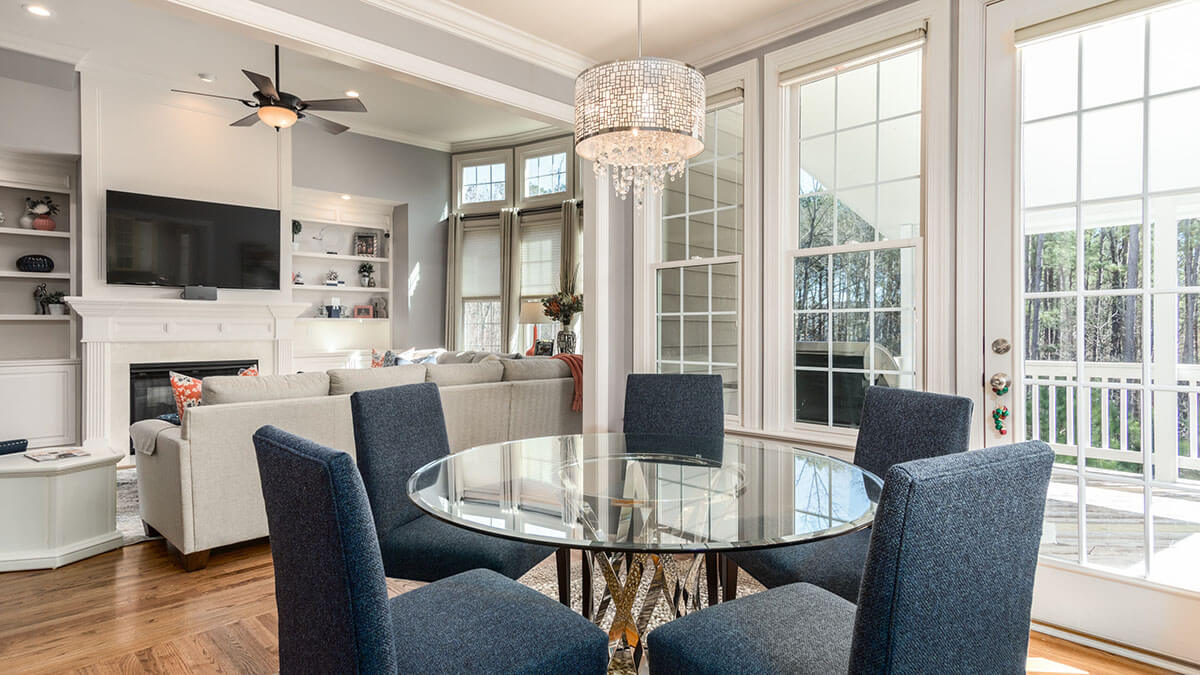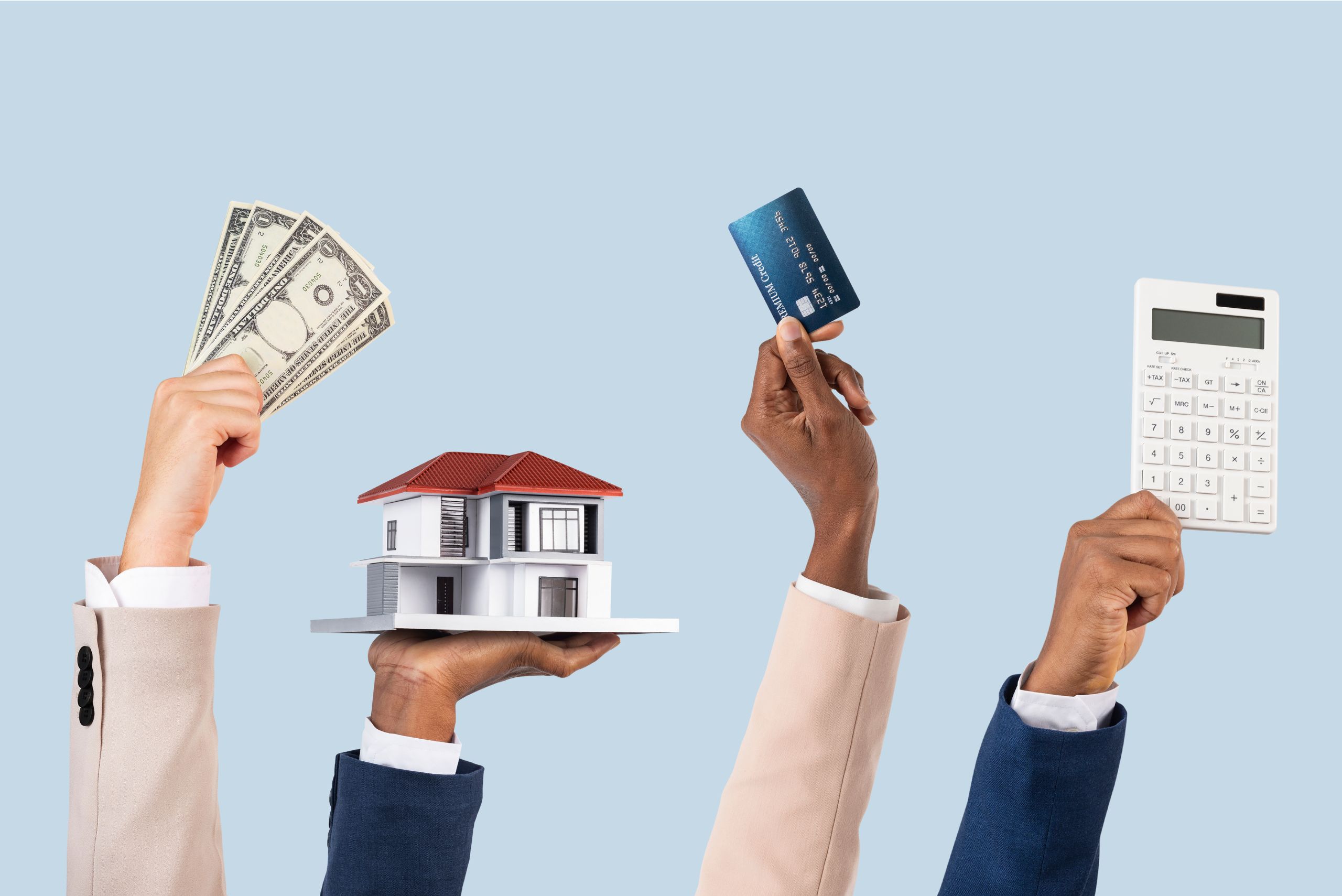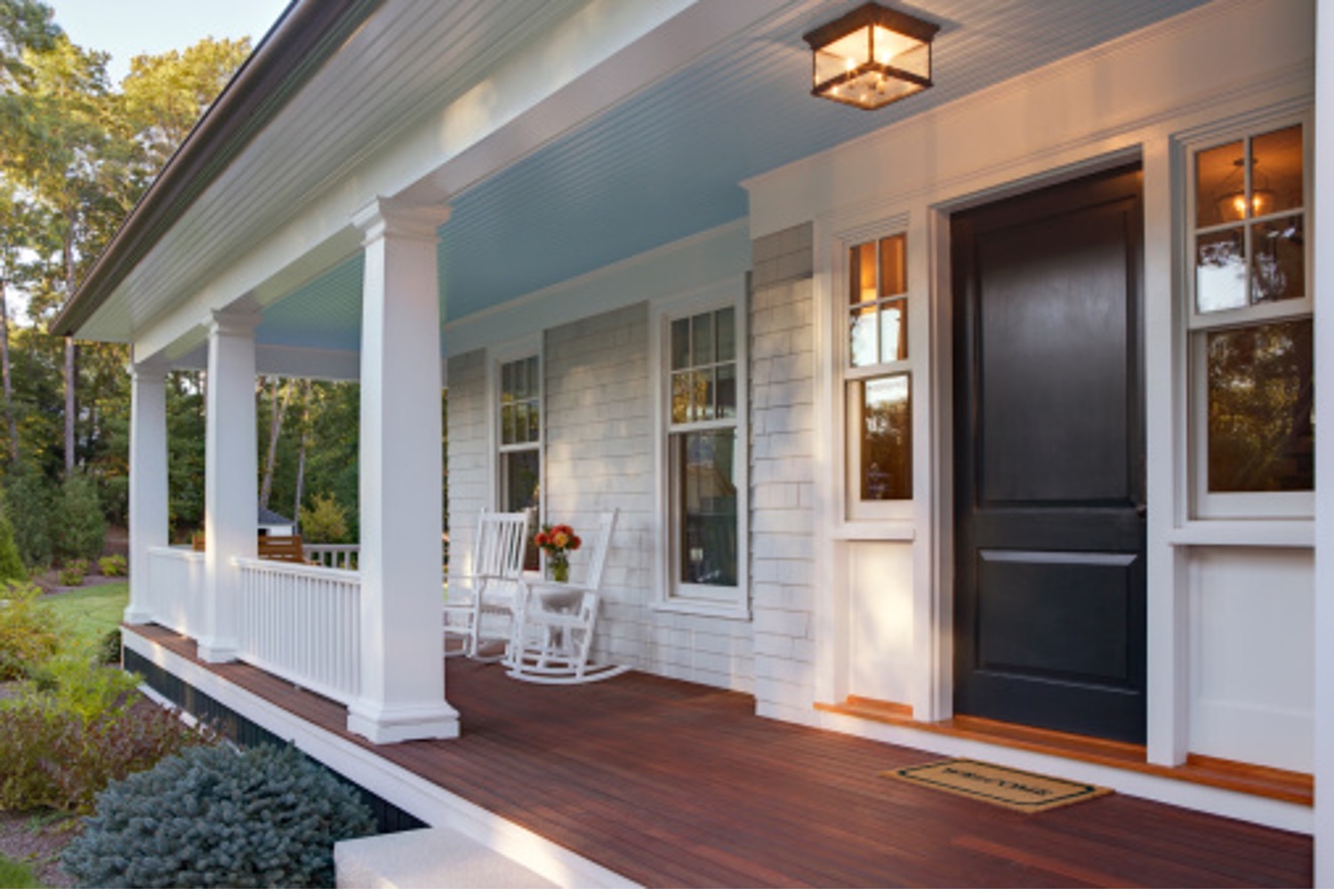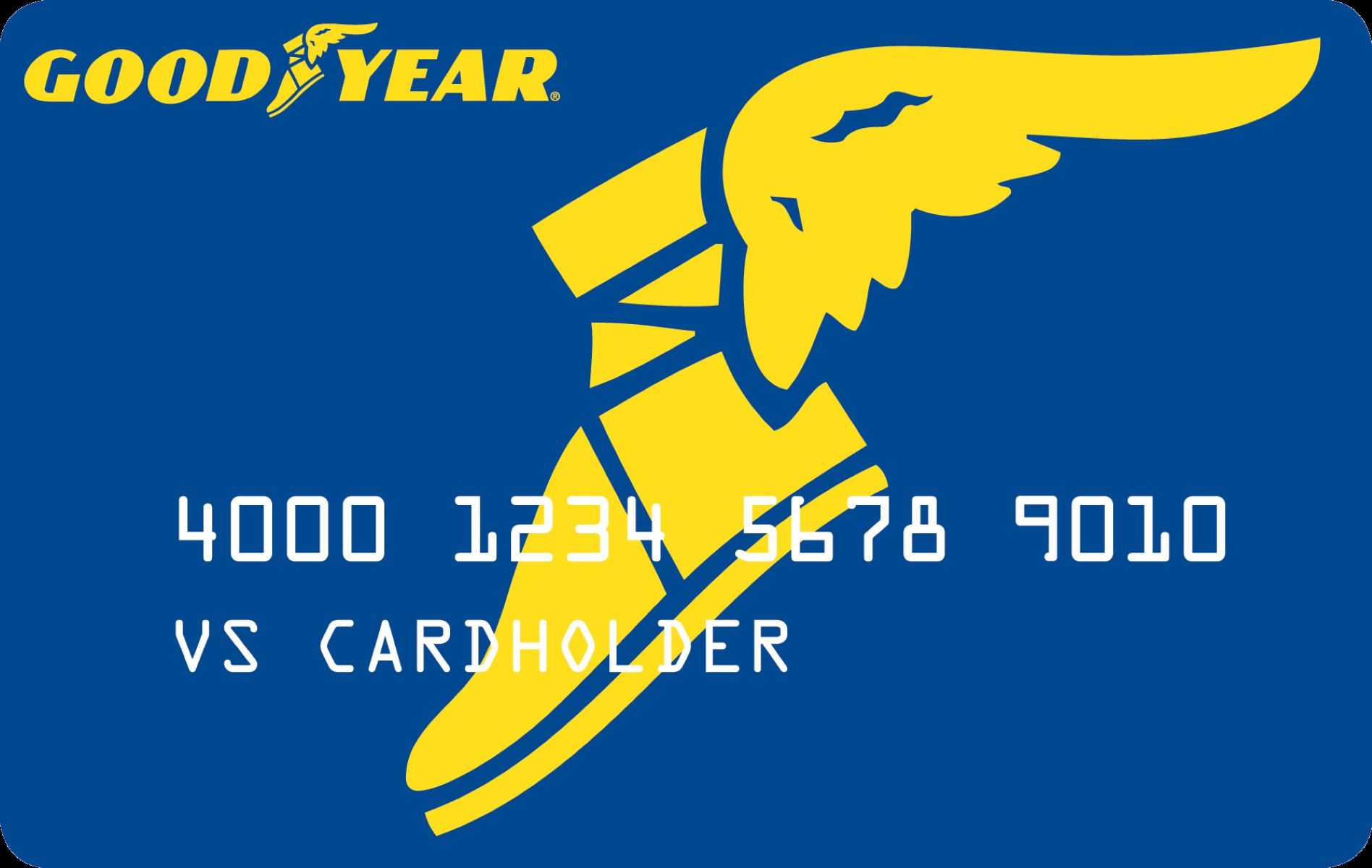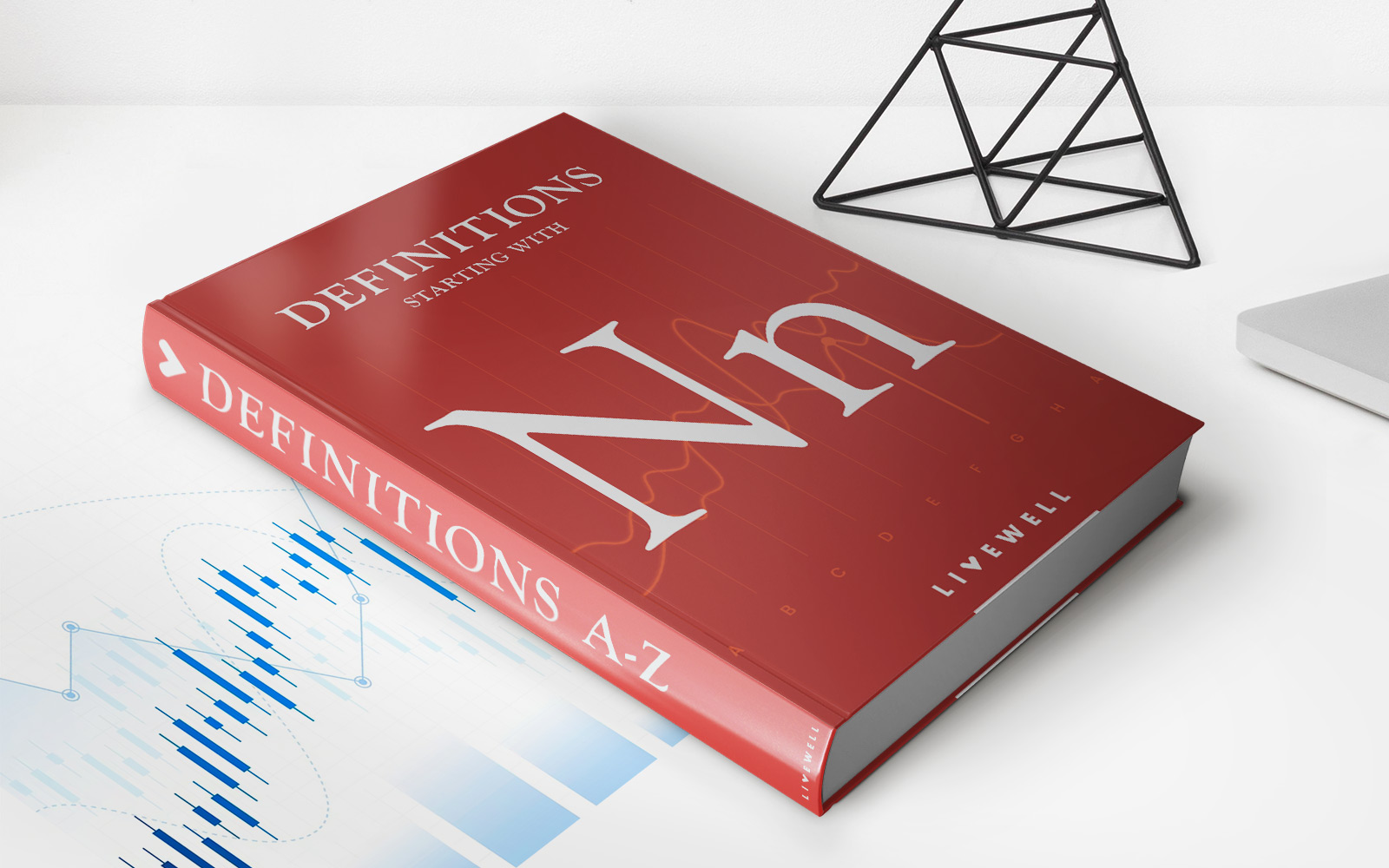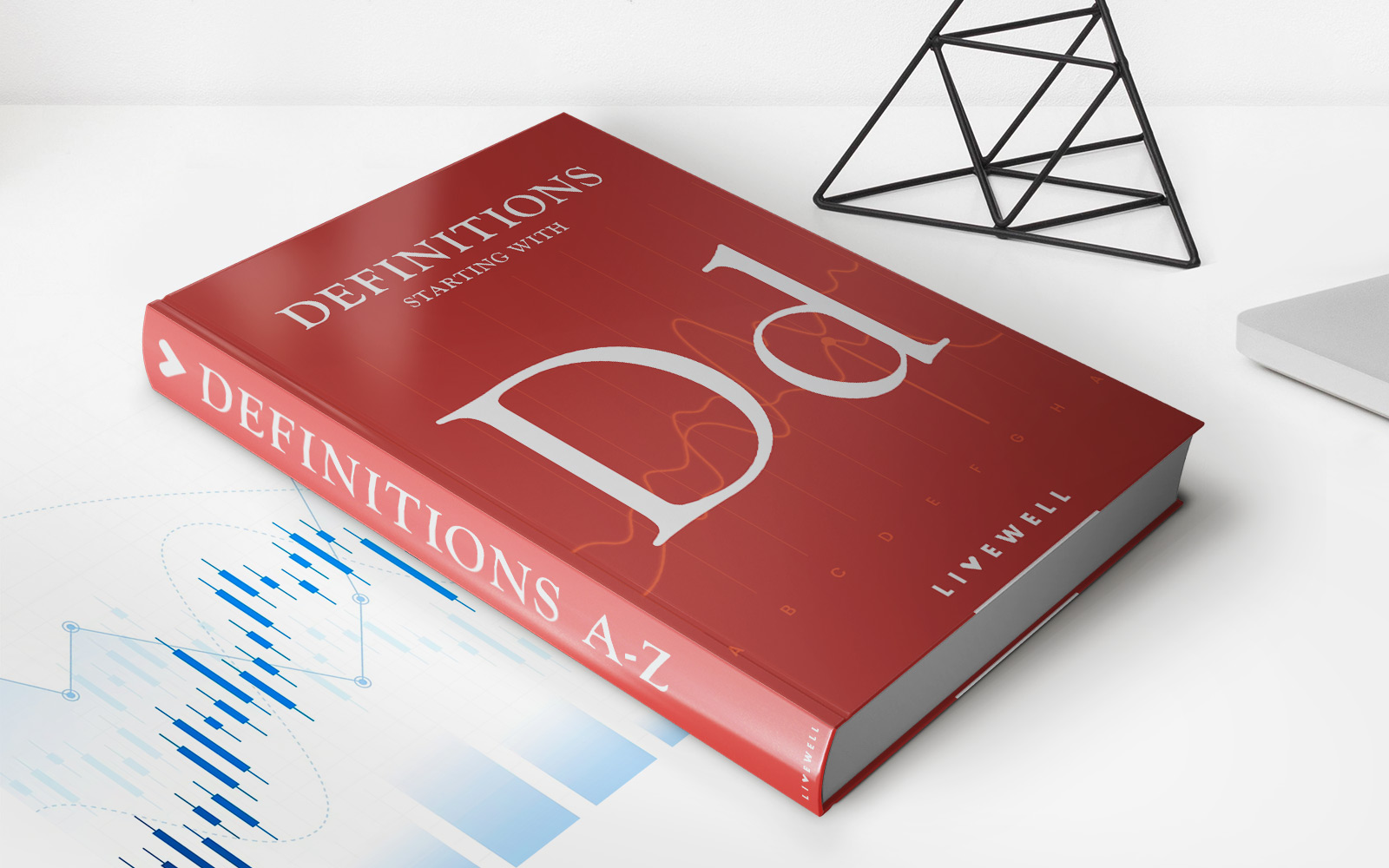Home>Finance>Can You Use Your Credit Card When Buying A House
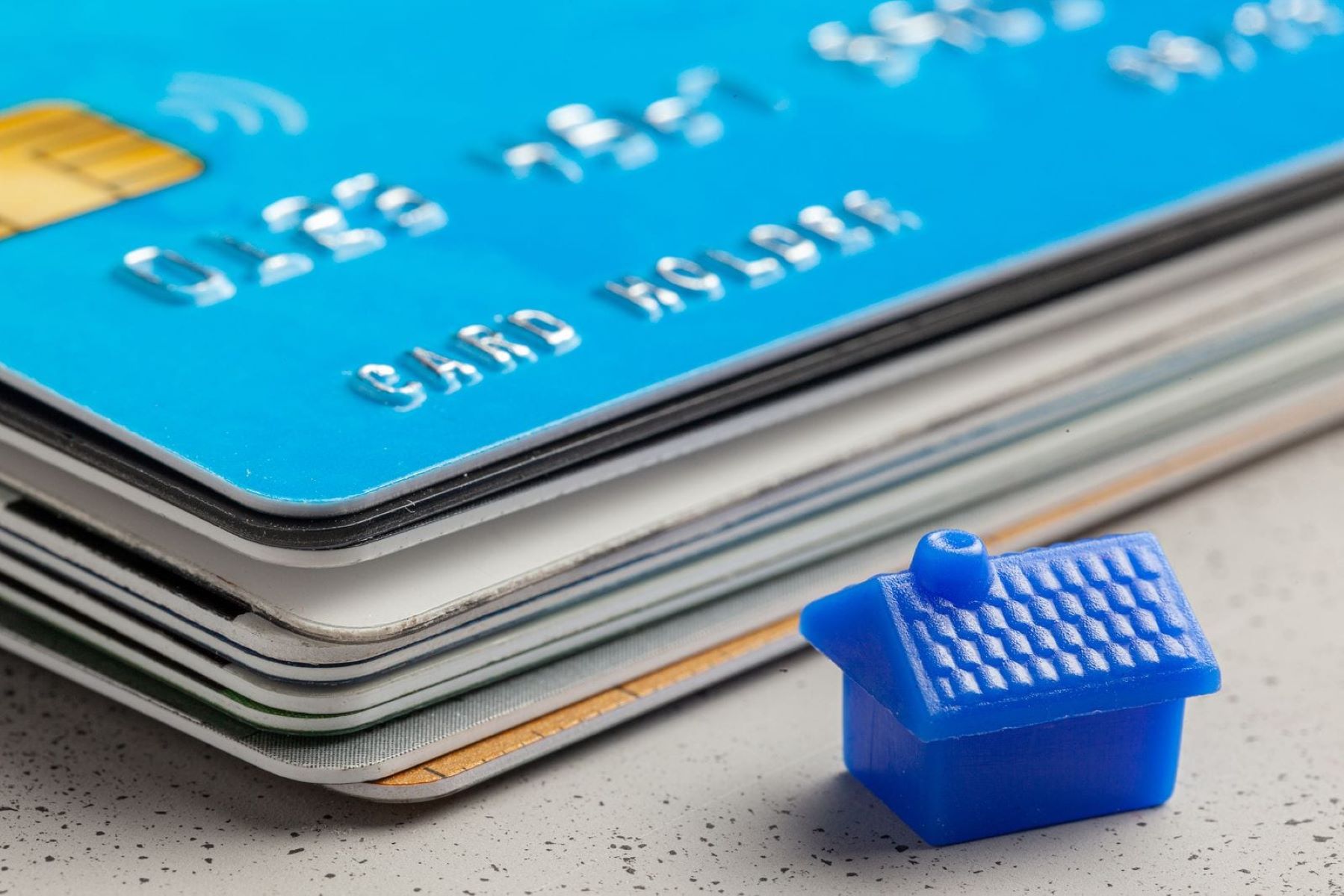

Finance
Can You Use Your Credit Card When Buying A House
Published: October 25, 2023
Discover how to use your credit card for financing when purchasing a house. Learn the benefits and potential drawbacks of this option.
(Many of the links in this article redirect to a specific reviewed product. Your purchase of these products through affiliate links helps to generate commission for LiveWell, at no extra cost. Learn more)
Table of Contents
Introduction
Buying a house is a monumental decision that requires careful financial planning. From saving for a down payment to getting a mortgage, there are many factors to consider. One option that might cross your mind is using a credit card for the house purchase. But can you actually use a credit card for such a significant transaction?
In this article, we will explore the feasibility of using a credit card for buying a house. We will delve into the details of credit card payments, discuss the pros and cons, and offer insights into alternative options to consider. Whether you’re a first-time homebuyer or looking to upgrade to a new house, understanding the implications of using a credit card in this context is crucial.
Before we dive deeper, it’s important to note that using a credit card for buying a house is not a standard practice. Traditional methods like mortgages and personal loans are the most common means of financing a home purchase. However, it’s worth exploring the potential benefits and drawbacks involved in using a credit card.
This article aims to provide you with a comprehensive understanding of the topic so that you can make an informed decision. While we will outline the pros and cons, it’s important to consult with a financial advisor or mortgage specialist to evaluate your unique situation.
So, let’s begin our exploration of using credit cards for buying a house and see if it’s a viable option for you.
Understanding Credit Card Payments
Before we assess the feasibility of using a credit card for buying a house, let’s first understand how credit card payments work. When you make purchases with a credit card, you are essentially borrowing money from the credit card issuer. The issuer pays the merchant on your behalf, and you are responsible for repaying the amount to the credit card company within a specified timeframe.
Credit card payments typically come with an interest rate if the outstanding balance is not paid in full by the due date. Interest rates can vary depending on the credit card provider and your creditworthiness. It is important to be aware of the interest rates associated with your credit card as they can significantly impact the overall cost of using your credit card for a large purchase like a house.
Additionally, credit card companies often impose a credit limit, which is the maximum amount you can charge on your card. Exceeding this limit can result in penalties or declined transactions. It is important to consider whether your credit card has a high enough limit to accommodate the cost of a house purchase, which is typically a significant amount.
Another aspect to consider is the repayment terms set by the credit card issuer. Credit card payments are usually made on a monthly basis, requiring you to pay a minimum amount that is determined by the credit card company. Keep in mind that paying only the minimum amount can result in carrying a balance and incurring interest charges.
Understanding these key points about credit card payments is crucial before considering using a credit card for buying a house. It is essential to be aware of the interest rates, credit limits, and repayment terms associated with your specific credit card. Now that we have a basic understanding of credit card payments, let’s explore the pros and cons of using a credit card for a house purchase.
The Pros and Cons of Using a Credit Card for Buying a House
Using a credit card for buying a house can have its advantages and disadvantages. Let’s examine the pros and cons to help you make an informed decision:
Pros:
- Rewards and Benefits: Some credit cards offer rewards programs, such as cashback or travel perks, which can be enticing when making a large purchase like a house. If your credit card provides substantial rewards, using it for a house purchase could help you earn valuable benefits.
- Convenience and Flexibility: Using a credit card may offer convenience and flexibility in terms of payment. It allows you to leverage a line of credit that is readily available. Additionally, you can choose to pay your credit card bill over time, potentially spreading out the cost of the house purchase.
- Deferred Interest: Some credit cards offer introductory periods with 0% interest for a certain time frame. If you can pay off the entire balance within this period, you can effectively avoid paying interest charges on your house purchase.
Cons:
- High Interest Rates: If you are unable to pay off the credit card balance within the interest-free period or choose a card without a promotional 0% interest offer, you may face high interest rates. Credit card interest rates tend to be significantly higher than mortgage rates, which means you could end up paying much more in interest over the long term.
- Credit Utilization Ratio: Using a significant portion of your available credit limit for a house purchase can negatively impact your credit utilization ratio. This ratio affects your credit score and may hinder your ability to secure favorable rates on other loans or credit lines in the future.
- Transaction and Processing Fees: Some sellers may charge transaction fees for credit card payments, especially for large transactions like buying a house. These fees can add up and increase the overall cost of the purchase.
It is important to weigh the pros and cons carefully before using a credit card for buying a house. Consider your financial situation, available credit limit, interest rates, and potential rewards when making your decision. Additionally, consult with a financial advisor or mortgage specialist to assess the impact on your overall financial plan.
Factors to Consider Before Using a Credit Card for a House Purchase
While using a credit card for buying a house may seem like a convenient option, there are several important factors to consider before proceeding. Here are some key considerations:
1. Credit Limit:
Check your credit card’s available credit limit to ensure it is sufficient to cover the cost of the house purchase. Keep in mind that most credit cards have relatively lower credit limits compared to the price of a house. If your credit limit is too low, using a credit card may not be a viable option.
2. Interest Rates:
Examine the interest rates associated with your credit card. If the interest rate is high, it could significantly increase the cost of your house purchase over time, especially if you cannot pay off the balance within the interest-free period. In such cases, using a credit card may not be the most cost-effective option.
3. Impact on Credit Score:
Using a significant portion of your credit limit for a house purchase can affect your credit utilization ratio, which is the percentage of your available credit that you are using. This ratio is a critical factor in determining your credit score. If your credit utilization ratio exceeds the recommended limit, it may negatively impact your credit score and future borrowing capabilities.
4. Transaction and Processing Fees:
Consider any transaction or processing fees that may be imposed by the seller for using a credit card for a house purchase. These fees can vary and can add to your overall cost. It’s worth evaluating whether these fees outweigh the potential benefits of using a credit card.
5. Repayment Strategy:
Think about your repayment strategy if you decide to use a credit card for buying a house. Can you afford to pay off the balance within the interest-free period? If not, calculate the potential interest charges and assess whether it aligns with your long-term financial goals. Creating a realistic repayment plan is crucial to avoid excessive debt.
Considering these factors will help you evaluate whether using a credit card for a house purchase is the right move for you. Remember to consult with a financial advisor or mortgage specialist to assess your specific situation and explore the best financing options available.
Alternatives to Using a Credit Card for Buying a House
If you have weighed the pros and cons of using a credit card for buying a house and determined that it may not be the best option for you, there are several alternatives to consider. These alternatives can provide more feasible and cost-effective means of financing your home purchase:
1. Mortgage Loans:
The most common and widely used alternative to using a credit card for buying a house is obtaining a mortgage loan. Mortgage loans are specifically designed for purchasing real estate and offer more favorable interest rates and repayment terms compared to credit cards. Consult with several lenders to explore different mortgage options and find the one that best suits your financial situation.
2. Personal Loans:
If you are unable to secure a mortgage loan or prefer a shorter repayment term, you may consider applying for a personal loan. Personal loans typically have lower interest rates than credit cards and can provide you with a lump sum of money to use towards your house purchase. However, keep in mind that personal loans may have stricter eligibility criteria and repayment timelines.
3. Home Equity Loans or Lines of Credit:
If you already own a home or have significant equity in a property, you can consider utilizing a home equity loan or line of credit. These options allow you to borrow against the value of your home, typically at lower interest rates compared to credit cards. Home equity loans provide a lump sum, while a home equity line of credit works like a credit card, allowing you to borrow as needed within a specific limit.
4. Down Payment Assistance Programs:
Explore down payment assistance programs offered by government agencies or nonprofit organizations. These programs provide grants, subsidies, or loans to help with the down payment required for purchasing a home. It’s important to research and determine if you qualify for any of these programs, as they can significantly reduce the upfront costs of the house purchase.
5. Seller Financing:
In some cases, sellers may offer financing options directly to the buyer. This arrangement, known as seller financing or owner financing, allows you to make payments to the seller over time, bypassing the need for traditional lenders. Seller financing can be a viable alternative if you have difficulty securing a conventional loan or prefer a more flexible payment arrangement.
Considering these alternatives can open up various financing options and potentially save you money in the long run. It’s important to thoroughly research and compare the terms, interest rates, and eligibility requirements of each option to make an informed decision that aligns with your financial goals.
Conclusion
Considering the potential rewards and drawbacks of using a credit card for buying a house, it is important to carefully weigh your options before making a decision. While the convenience and flexibility of using a credit card may seem appealing, the high interest rates and potential impact on credit score make it a less favorable choice for such a significant transaction.
Before utilizing a credit card for a house purchase, take into account factors such as your credit limit, interest rates, transaction fees, and repayment strategy. Evaluating these aspects will help you determine if using a credit card aligns with your long-term financial goals.
Instead of relying solely on a credit card, explore alternative financing options such as mortgage loans, personal loans, home equity loans, down payment assistance programs, or seller financing. These alternatives often offer more favorable interest rates, repayment terms, and overall cost savings.
Remember, it is crucial to consult with a financial advisor or mortgage specialist who can provide personalized guidance based on your unique financial situation. They can help you navigate the complexities of home financing and help you choose the most suitable option.
Ultimately, purchasing a house is a major financial decision that requires careful consideration. While using a credit card might offer some conveniences and benefits, it is crucial to assess the potential risks and costs involved. By exploring alternative financing options and seeking expert advice, you can make an informed choice that aligns with your long-term financial well-being and goals.
